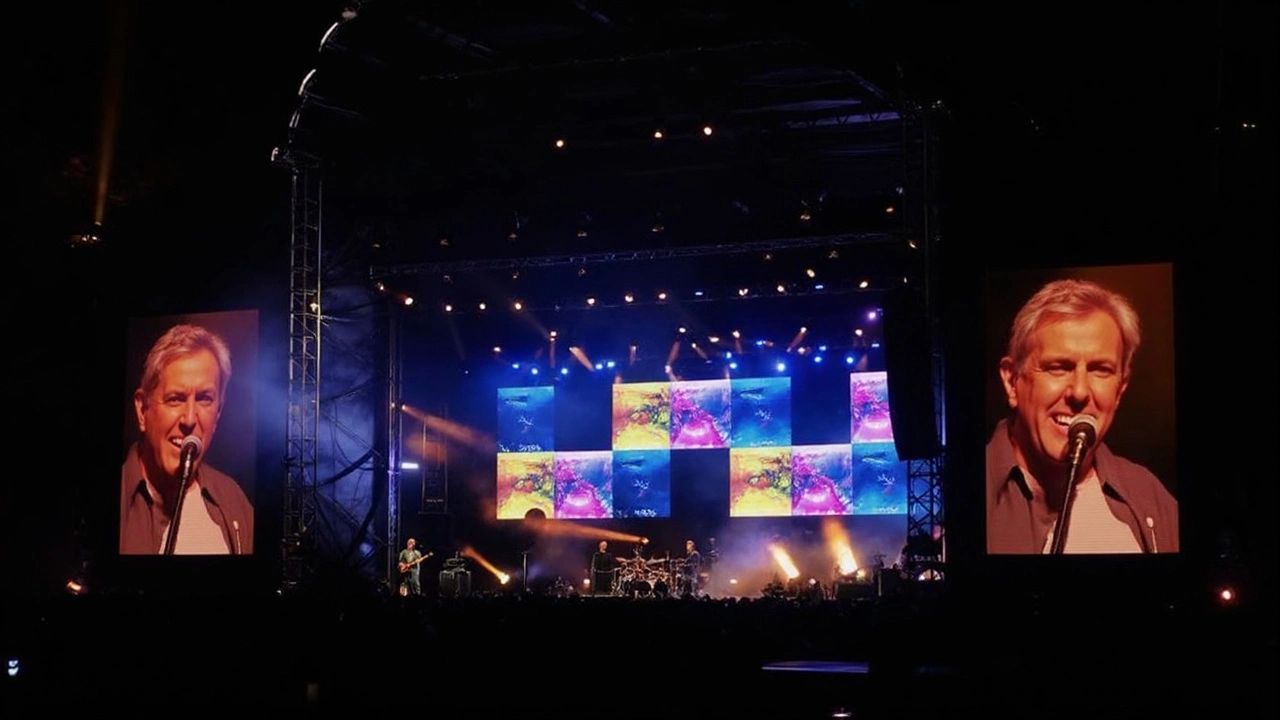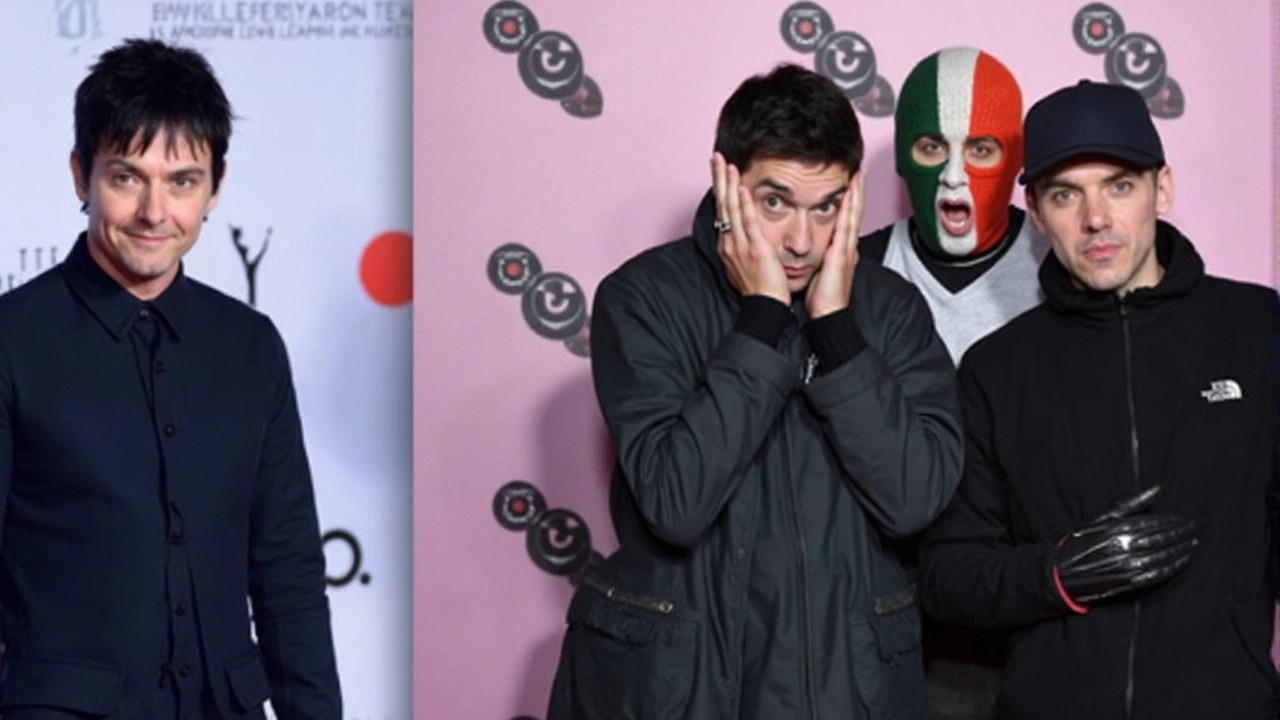Johnny Marr Weighs In on the Censorship Debate
When Johnny Marr steps into a debate, people tend to listen. This week, the legendary guitarist, known for his role in The Smiths, added his voice to the growing conversation around censorship after calls surfaced to muzzle Northern Irish rap trio Kneecap at this year’s Glastonbury Festival. The controversy wasn’t just about lyrics — it was about freedom of expression, politics, and the kind of festival Glastonbury has always been.
Marr didn’t mince words. Posting on Instagram, he reminded everyone that Glastonbury has always meant more than just music. “Glastonbury is about platforming political expression and activism,” he wrote. That wasn’t just a platitude; Marr pointed out that when The Smiths played the festival back in 1984, their performance itself was a statement. At the time, Glastonbury was already a place where artists could get political, and Marr says that history is what gives the event its character.
The push to censor Kneecap stems from their outspoken activism, especially regarding the situation in Palestine. While some festival-goers and critics argue their messaging crosses a line, others, like Marr, see this as the exact reason Glastonbury matters. In his statement, Marr explicitly backed musicians who stand up for censorship, equality, and the marginalized. He said, “Artists who use their platforms to speak for compassion and justice are doing what music should do.” Then he went further still, calling for a “free Palestine” and an end to suffering in the region.

Music Community Rallies Behind Freedom of Expression
This isn’t just Marr on a soapbox. Other notable names in the music world are echoing his sentiments. Grian Chatten, frontman for Fontaines D.C. and recent collaborator with Kneecap, told The Irish Times that the whole censorship ordeal feels like a “witch hunt.” According to Chatten, Kneecap are being unfairly targeted for using their art to challenge the status quo, and he pledged his unwavering support.
If anything, the situation has ignited a broader discussion about what role artists should play in political moments — and what risks they face when their message isn’t popular. Glastonbury has always been a place where tough conversations happen, whether it’s about nuclear disarmament in the 80s or, now, the rights of Palestinians. It’s not just a festival tradition — it’s part of the culture’s DNA.
For Marr, the answer is clear: trying to silence artists only fuels division. Supporting musicians like Kneecap means defending music as a space for real debate and solidarity, especially in a world where voices can easily be drowned out. As the festival approaches, all eyes are on the stage — not just to hear the music, but to see what artists dare to say.
